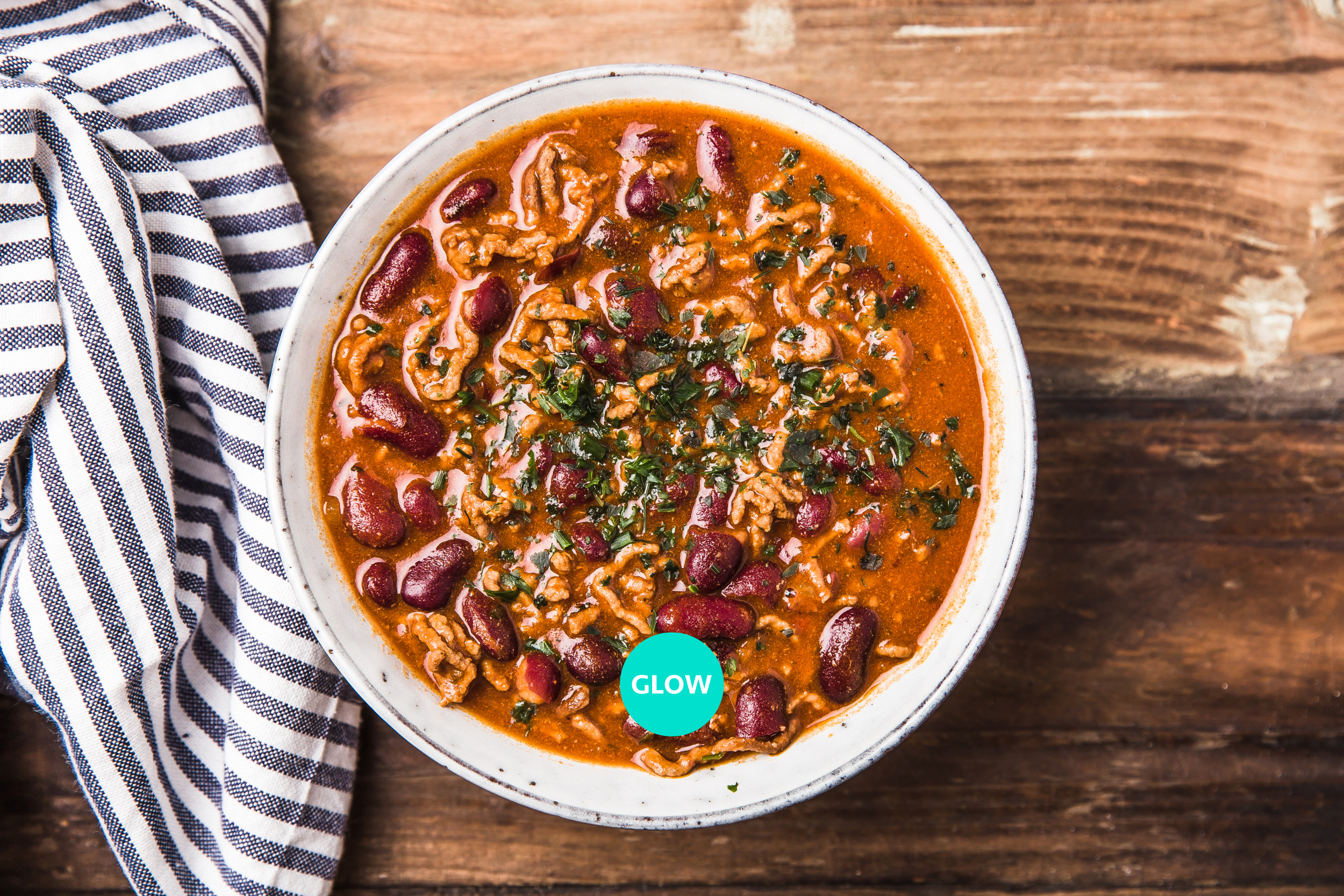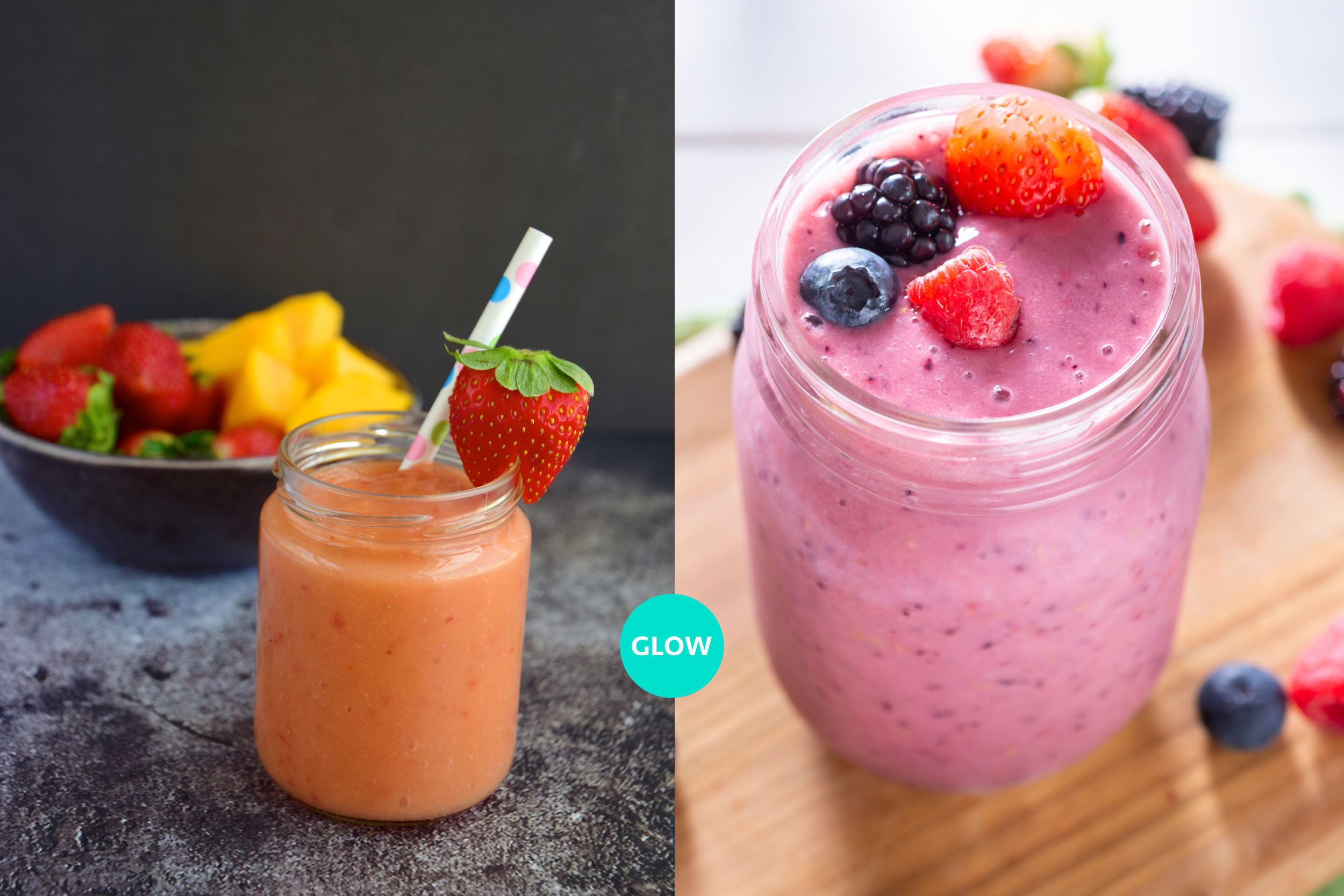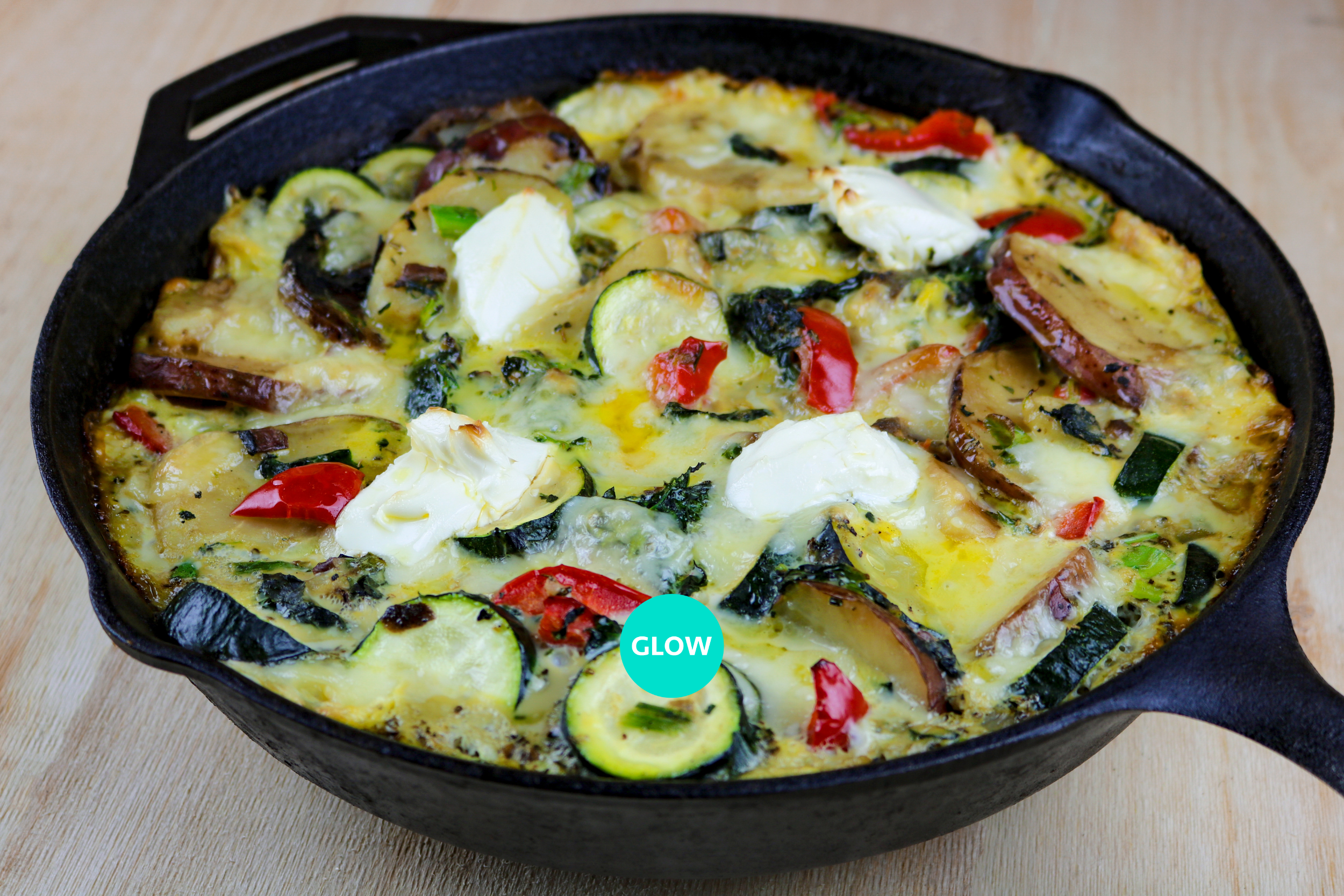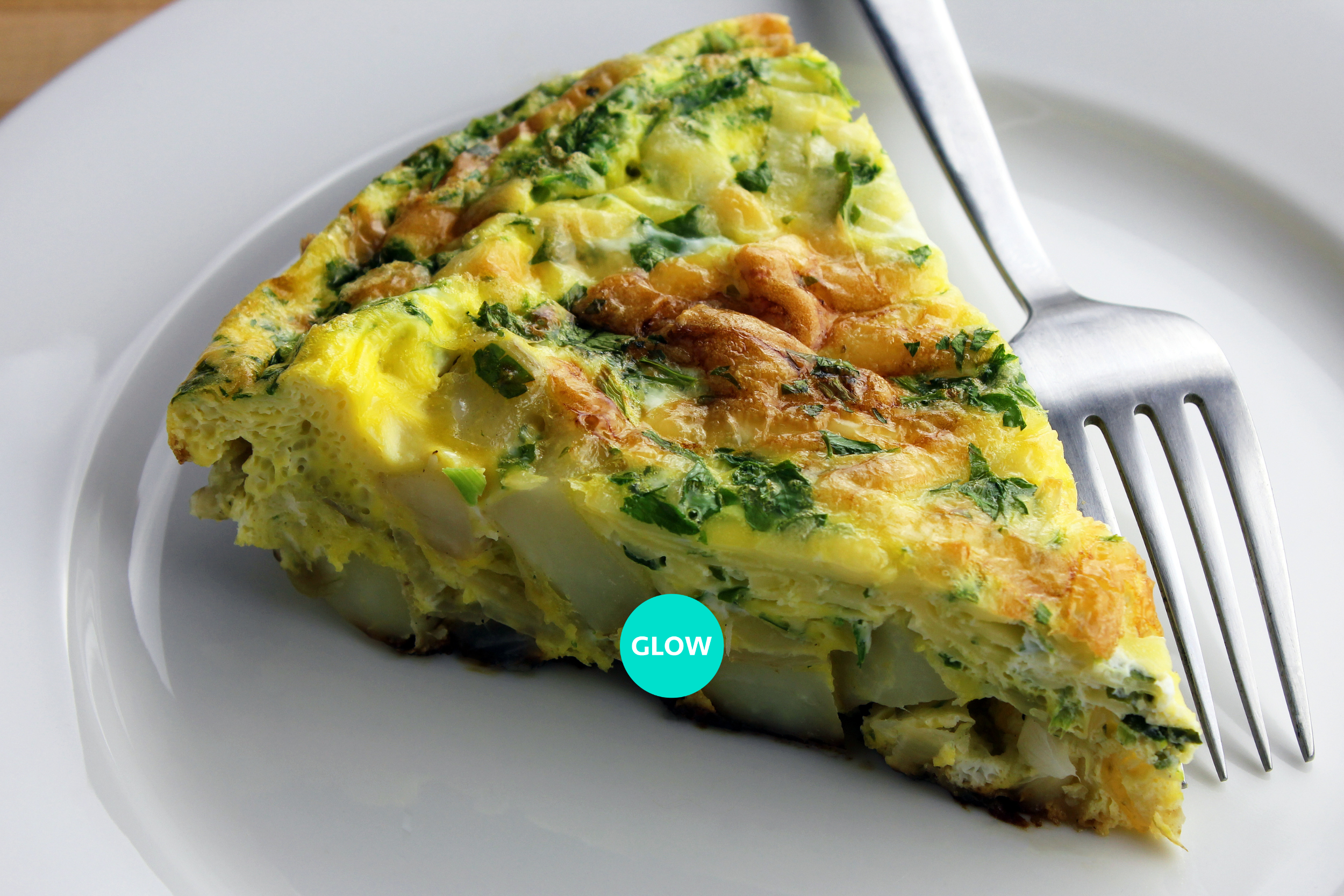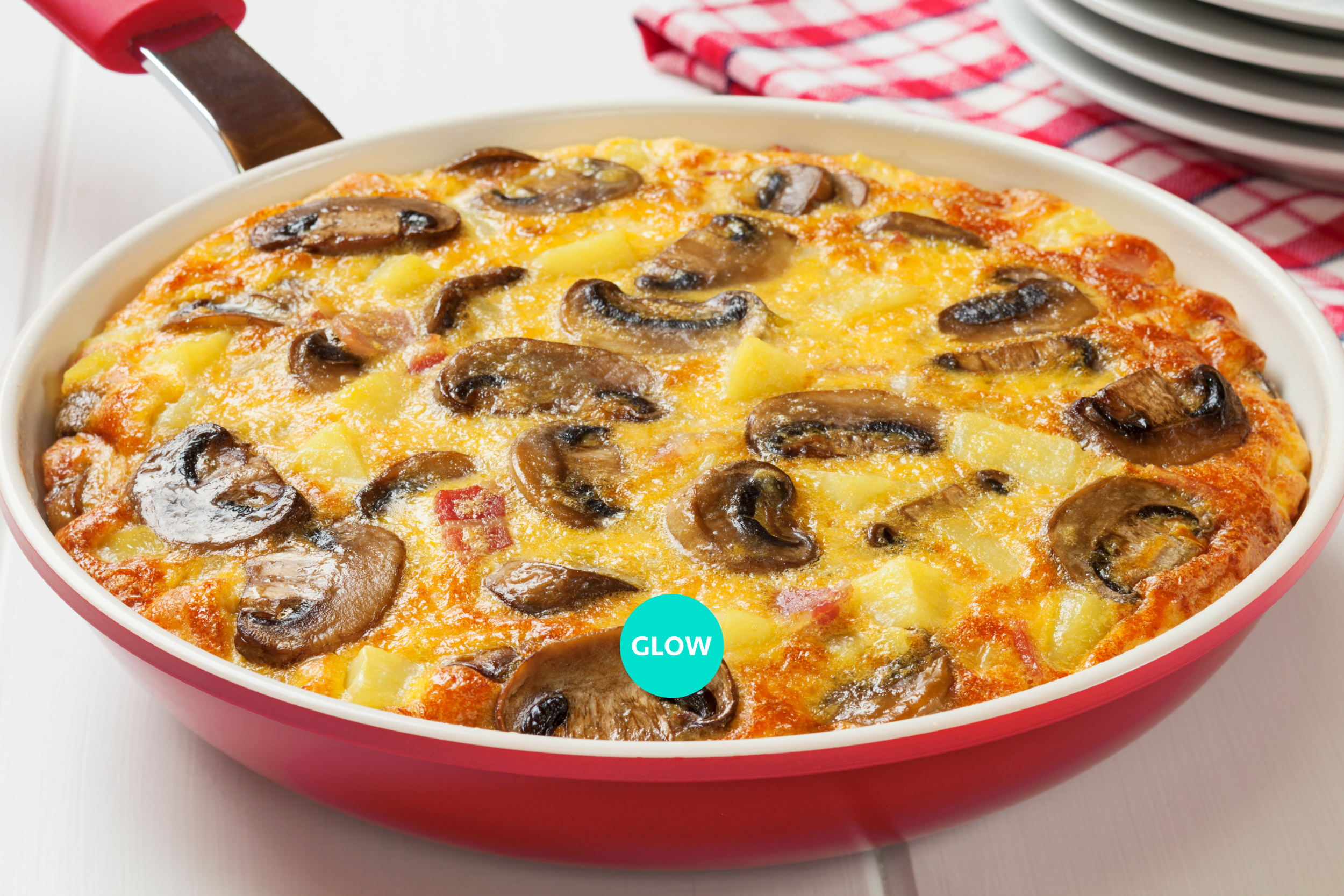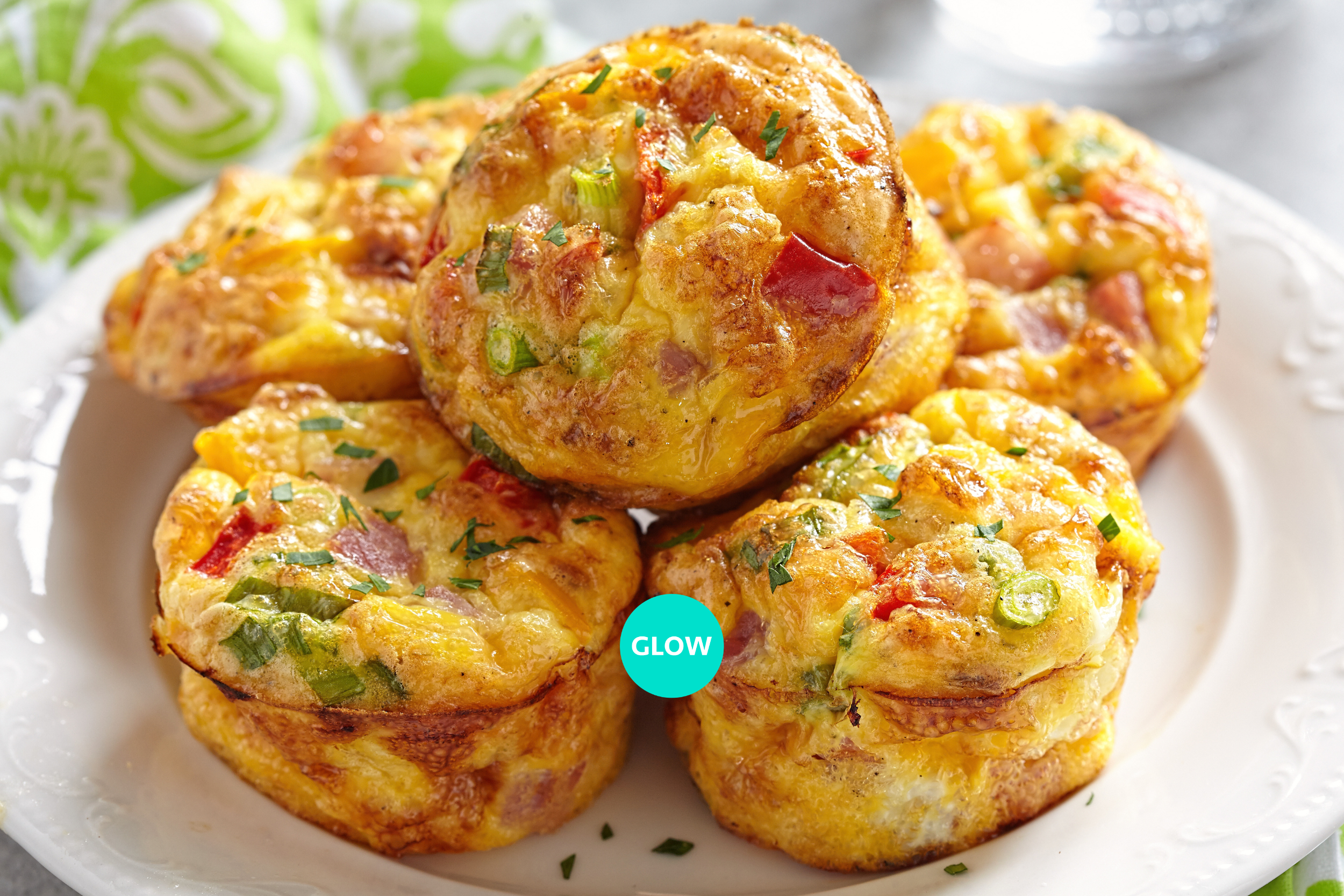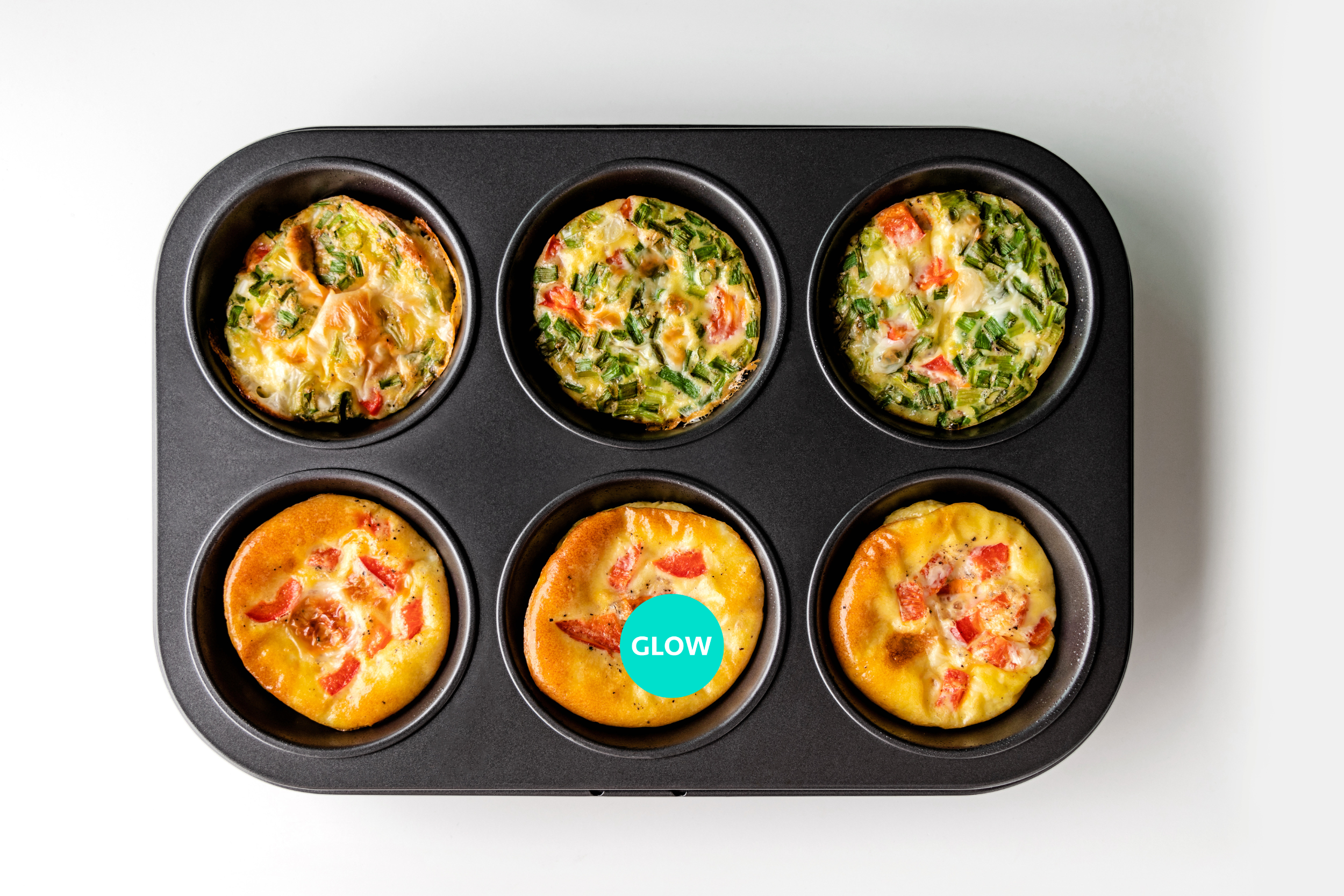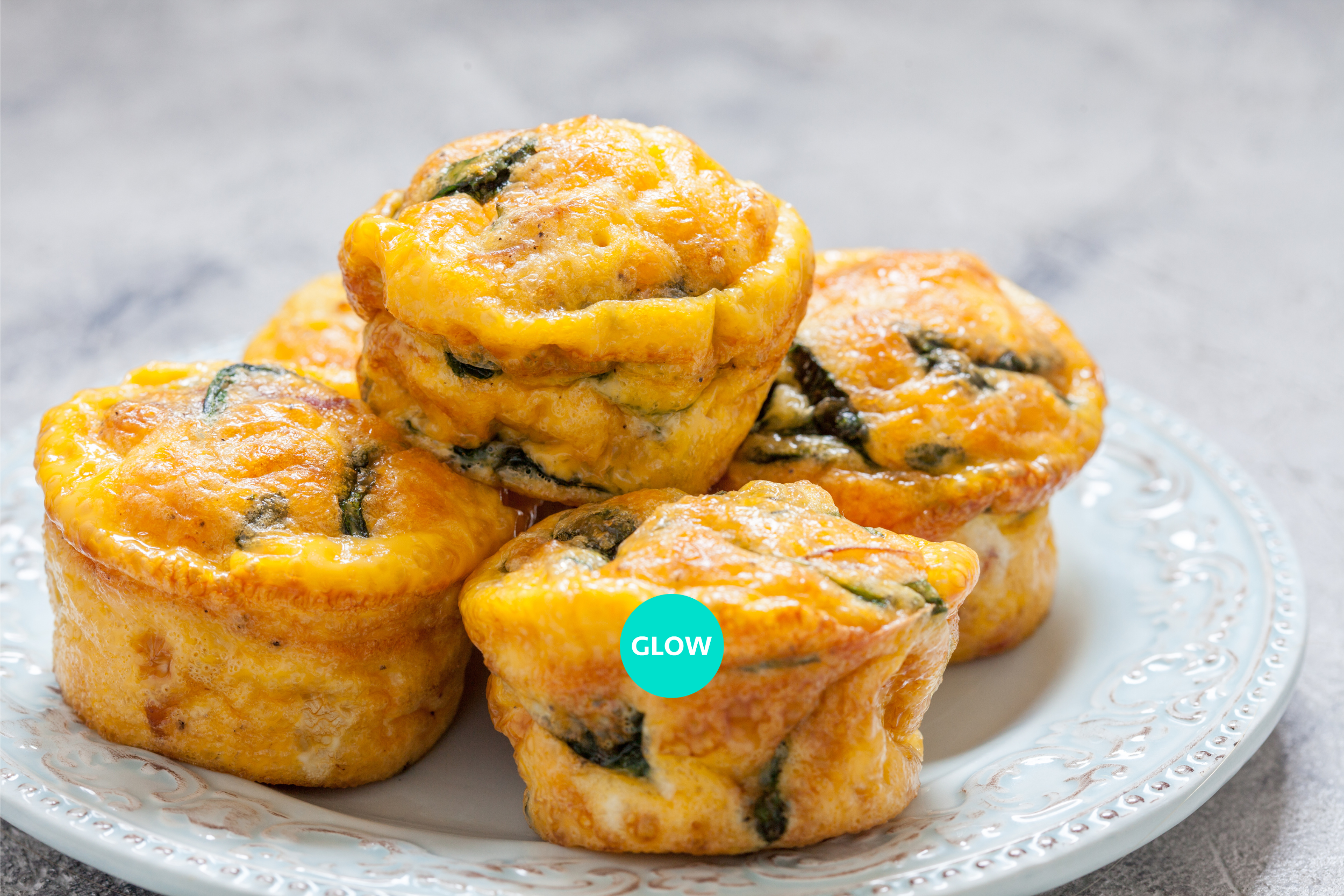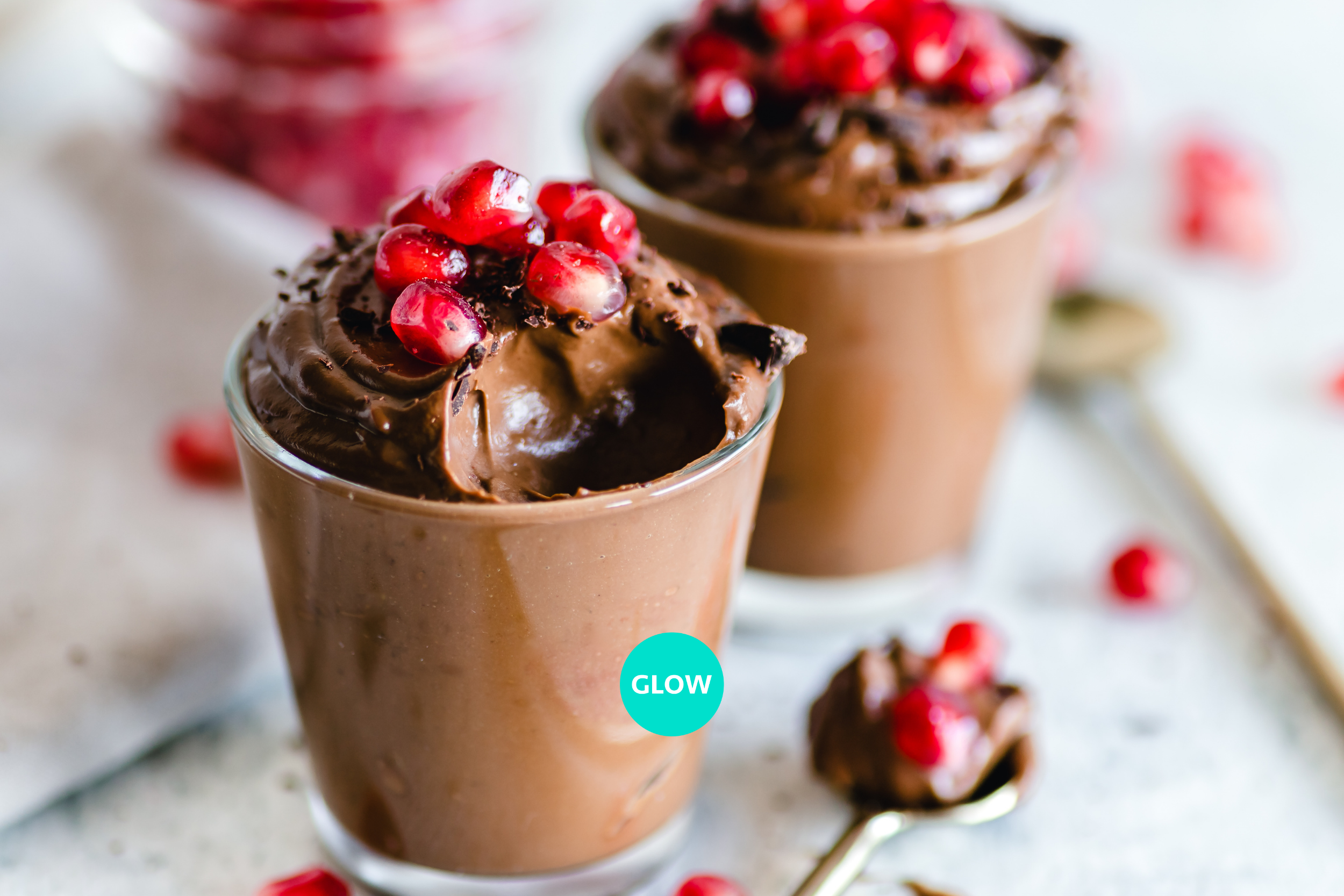A basic side salad works with any protein (esp. leftover from last night’s dinner) which makes a good option for a quick meal. ‘Basic’ means that you don’t need anything fancy. Just get a few favourites, arrange them on a plate in any order and dress. You can sprinkle some seeds or almond flakes on top, if you like. If you are having just a protein with the salad, make sure the salad is large - preferably a big bowl.
My favourite vegetables for a basic salad include:
Lettuce leaves, assorted or one type e.g. lamb’s lettuce, rocket or romaine
Avocado
Cucumber
Bell pepper
Grated carrot
Red onions
Olives
A basic dressing:
2 table spoons of olive oil
1 table spoon of white wine vinegar
1 tea spoon of Dijon mustard, or 1 heaped tea spoon of green or red pesto
Salt and pepper
Shake in a small jar and dress the salad









